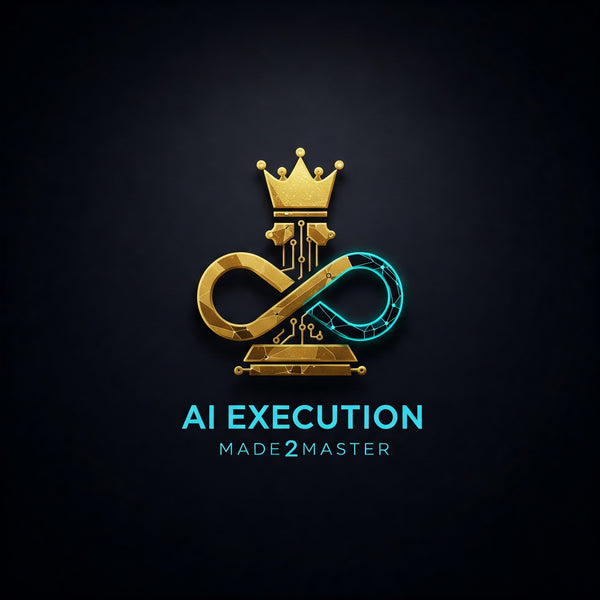The Ethics of Genetic Engineering: Can We Draw the Line Between Scientific Progress and Moral Boundaries?
Genetic Engineering: The Ethical Dilemmas of Altering Humanity
Genetic engineering offers the ability to cure diseases and potentially enhance human traits. But the rise of technologies like CRISPR brings profound moral questions: What happens when humans design future generations?
What We Can Do — and What We Should
CRISPR allows precision editing of genes, potentially eradicating diseases like sickle cell anemia. But as we expand into trait selection (intelligence, physical ability, etc.), society must confront:
- Is it ethical to engineer beauty or intellect?
- Who gets access to enhancement technologies?
- Do we risk creating a genetic elite?
Genetic Privilege: A New Class Divide?
Unchecked gene editing could produce two categories of humans:
- The modified — those with enhancements, resources, and social advantage
- The unmodified — left behind by the biotechnology revolution
In such a world, inequality would no longer be economic alone — it would be biologically coded into our DNA.
From Healing to Hubris
Should parents be allowed to choose traits for their children? Will beauty and performance be engineered into the gene pool like a subscription feature?
Society risks pressuring individuals into upgrades, with subtle coercion shaping the genetic future of humanity.
Regulation, Ethics & Human Dignity
We must act with foresight and caution. Genetic advancement should serve humanity, not divide it.
- Global regulatory frameworks are essential
- Ethical debate must include the public
- Technology must protect dignity — not privilege
Without deep moral infrastructure, DNA editing could evolve from a cure to a caste system.
Access the AI Domination Blueprint⚡ AI Execution Authority | Made2MasterAI™
Advance ethically. Lead with intelligence.



